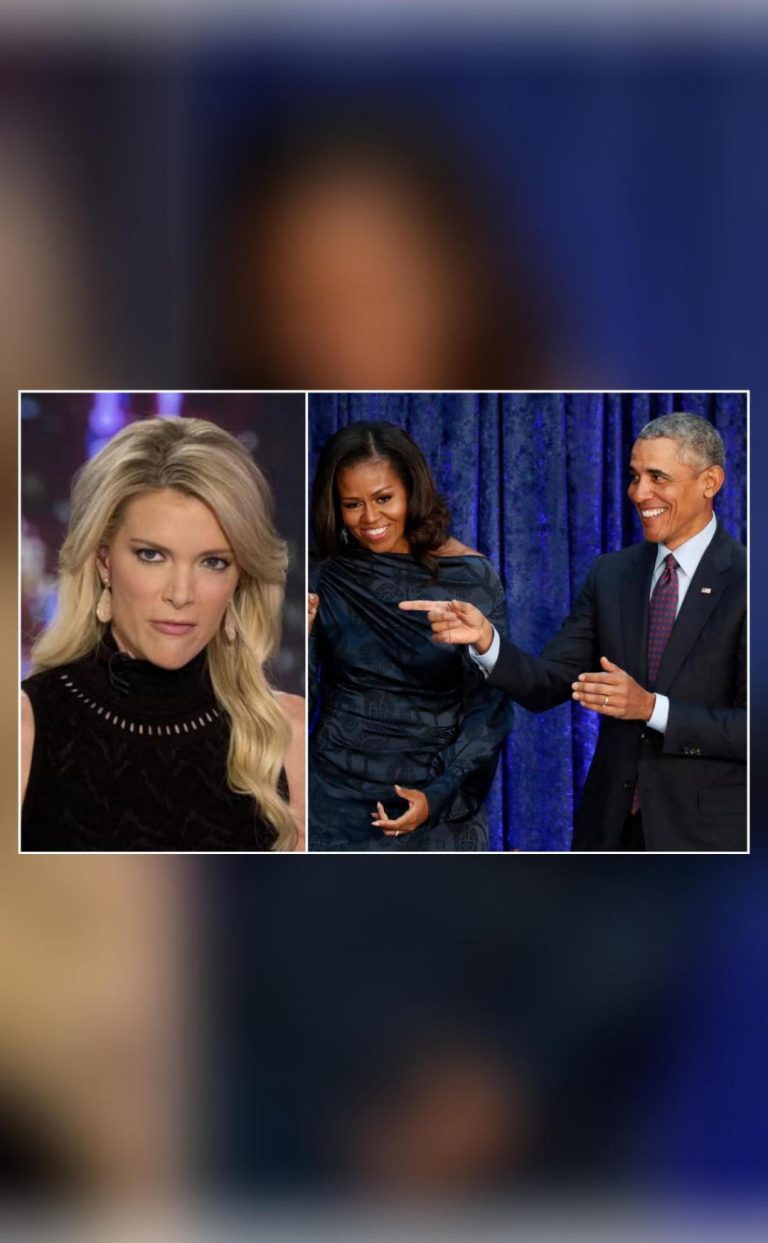
29-year-old Pakistani footballer Riaz turns jalebi seller due to financial struggles
In a heart-wrenching turn of events, Muhammad Riaz, a 29-year-old Pakistani footballer who represented Pakistan in the 2018 Asian Games, has been forced to turn to selling jalebis on the streets to make ends meet. The news has sent shockwaves across the sports fraternity, highlighting the financial struggles many athletes face in Pakistan.
Riaz, who hails from the hometown of Hangu, was spotted selling jalebis on a street corner, a far cry from his days on the football pitch. According to reports, the former footballer has been struggling to find a steady income since the Pakistan Tehreek-e-Insaf (PTI) government imposed a ban on departmental sports in 2018.
The ban, which was lifted in 2020, had a devastating impact on the sports industry in Pakistan. Many athletes, including Riaz, were left without a steady income and were forced to fend for themselves. In an interview with a local news outlet, Riaz expressed his frustration and disappointment with the government’s decision, calling it premature and damaging to the sports industry.
“It was a huge setback for us. We were not even given a chance to adapt to the new system. The ban was imposed without any consultation with the athletes or the sports federations,” Riaz said.
The ban not only affected Riaz but also many other athletes who were forced to abandon their sports careers or take up menial jobs to make a living. The situation has highlighted the lack of support and resources available to athletes in Pakistan, leaving them at the mercy of the government and other stakeholders.
Riaz’s story is a stark reminder of the challenges faced by athletes in Pakistan. Despite their talent and dedication, many are forced to struggle financially, often relying on handouts or odd jobs to make ends meet. The lack of government support and resources has led to a decline in the standard of sports in the country, with many talented athletes being forced to abandon their dreams.
The case of Riaz is not unique. Many athletes in Pakistan have been forced to take up alternative careers due to financial struggles. For example, former cricketer Shahid Afridi has spoken publicly about the financial struggles he faced during his playing career, and how he had to rely on his business ventures to make a living.
The story of Riaz has also raised questions about the role of the government in supporting athletes. With the country’s economy facing significant challenges, it is imperative that the government prioritizes the support of athletes and the sports industry. The government must recognize the importance of sports in promoting national pride and providing employment opportunities to young athletes.
Furthermore, the government must also provide resources and support to sports federations and athletes, enabling them to compete at the highest level. This can include providing funding for training and equipment, as well as offering support for athletes who are struggling financially.
In conclusion, the story of Muhammad Riaz is a poignant reminder of the financial struggles faced by athletes in Pakistan. The government’s ban on departmental sports had a devastating impact on the sports industry, leaving many athletes without a steady income. It is imperative that the government prioritizes the support of athletes and the sports industry, recognizing the importance of sports in promoting national pride and providing employment opportunities to young athletes.






